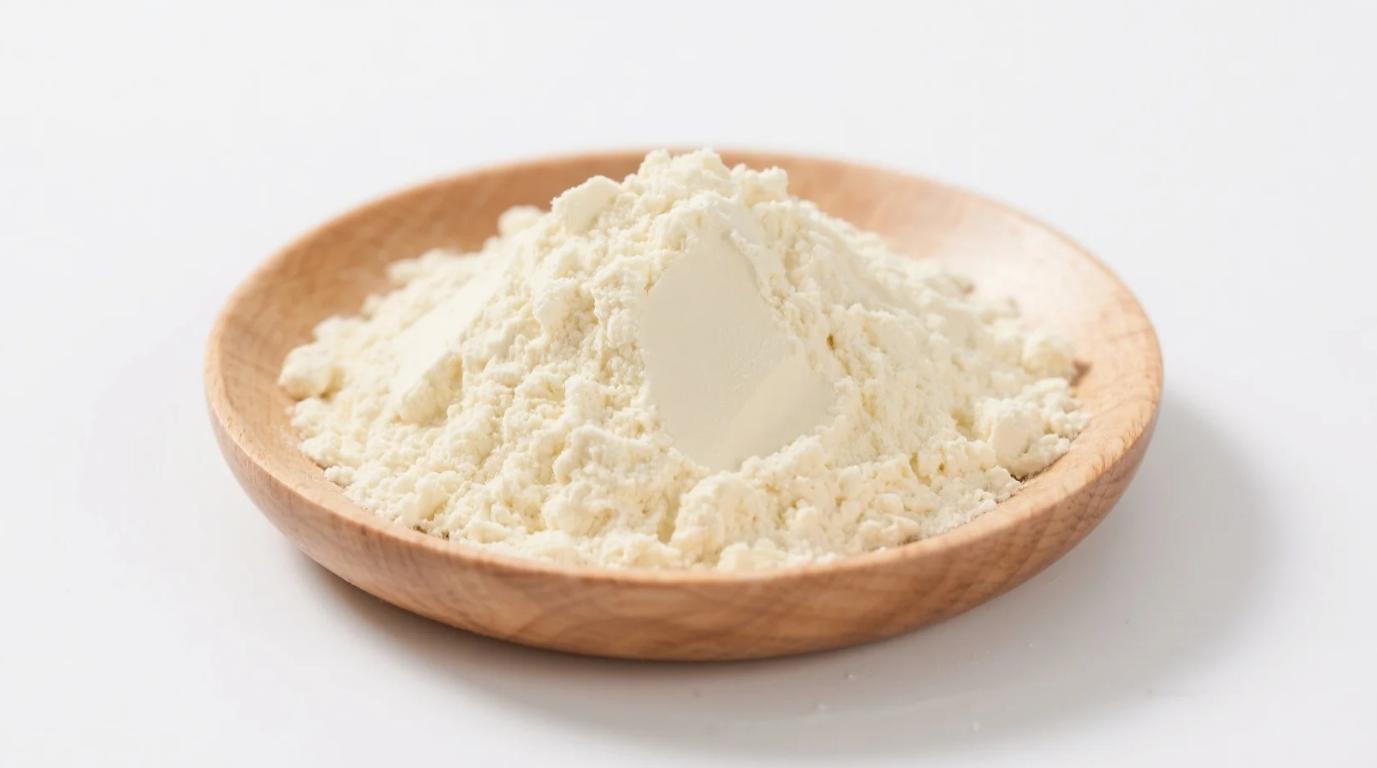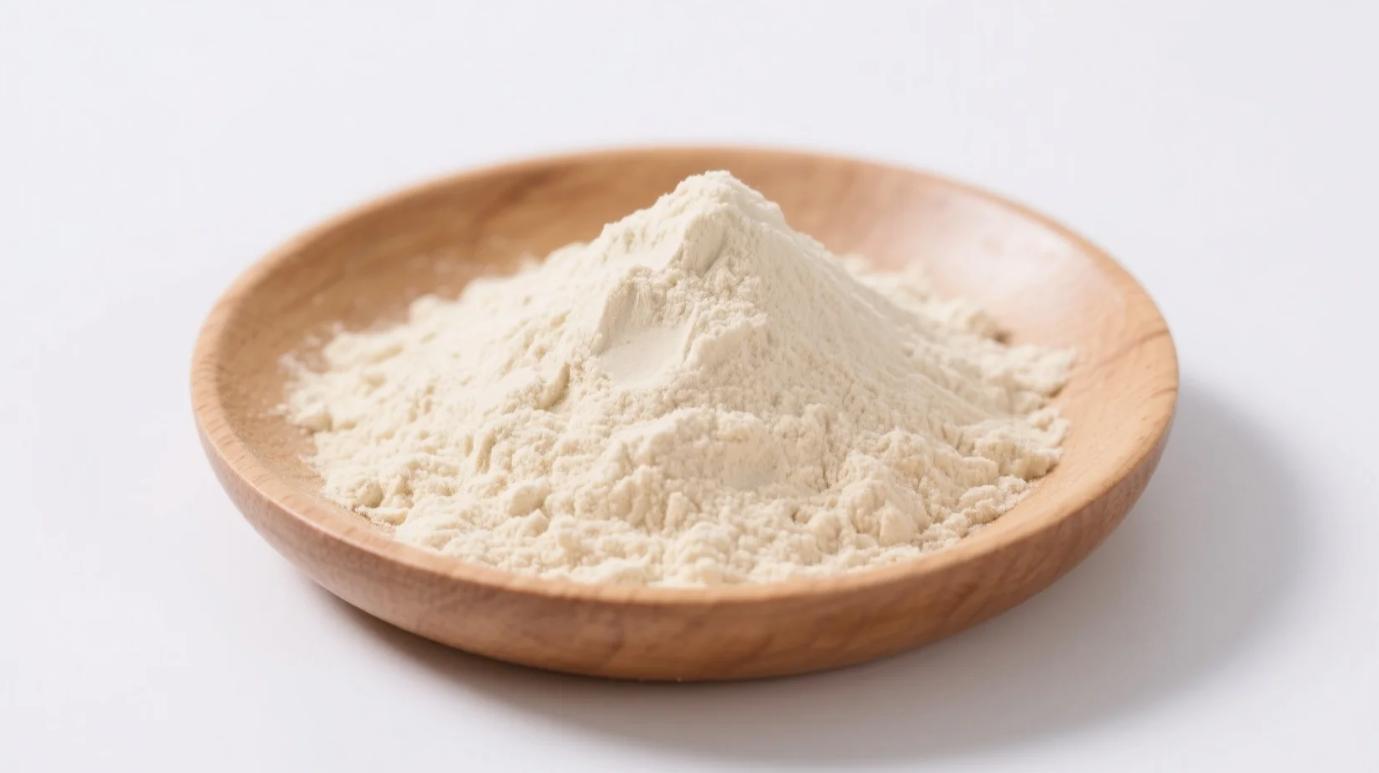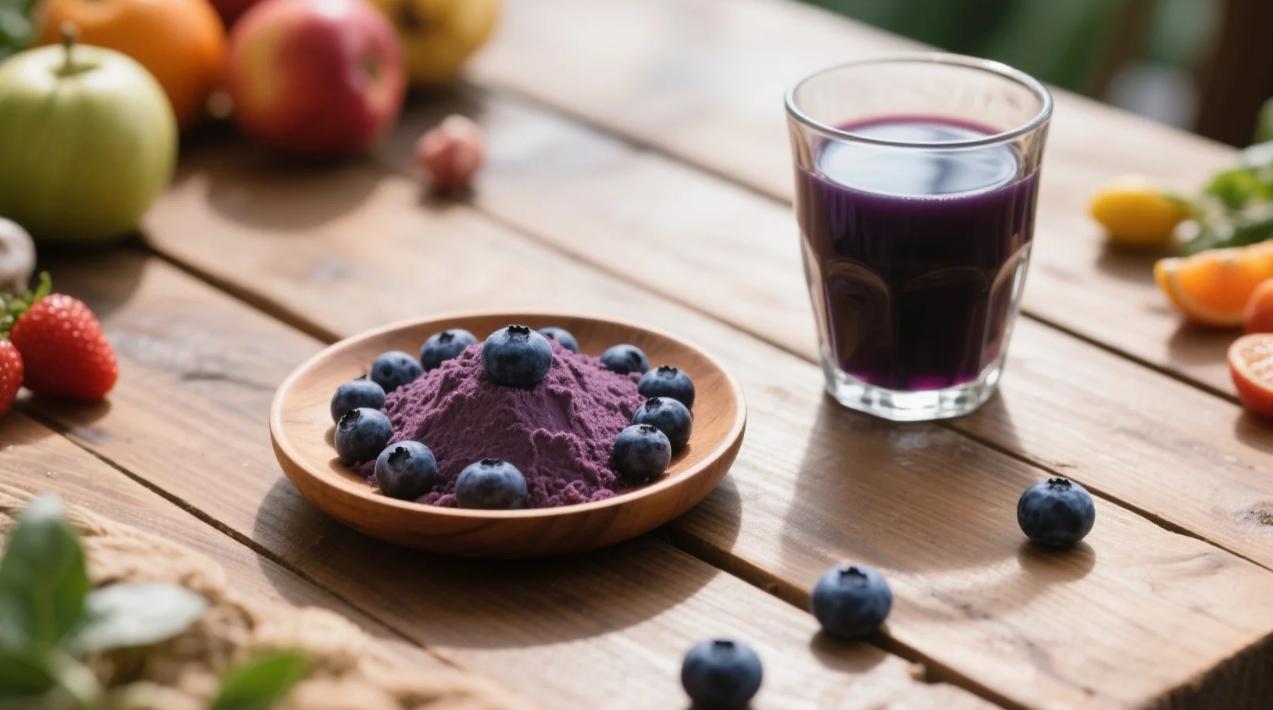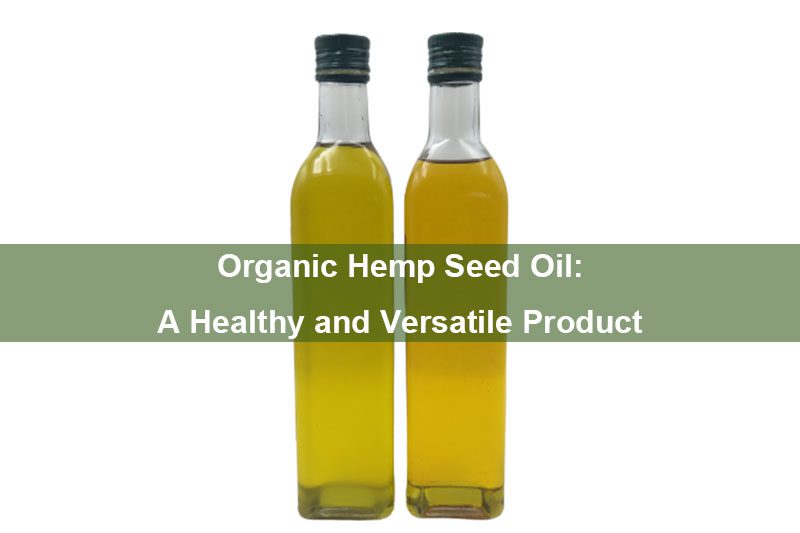Table of Contents
The protein supplement aisle can be overwhelming, with whey protein and soy protein powder both claiming supremacy. But which one truly aligns with your health goals, dietary needs, and values? Let’s dissect their pros, cons, and why organic soy protein powder might be the plant-powered hero your routine needs.
Whey vs. Soy Protein: A Quick Comparison
| Factor | Whey Protein | Organic Soy Protein Powder |
|---|---|---|
| Source | Animal-based (milk derivative) | Plant-based (non-GMO soybeans) |
| Protein Quality | Complete, high in BCAAs | Complete, rich in arginine & glutamine |
| Digestibility | Fast absorption, but lactose risks | Slower release, gentle on most stomachs |
| Allergens | Contains lactose | Soy-free options available, non-GMO |
| Sustainability | High carbon footprint (dairy) | Low water/land use, regenerative crops |
| Health Perks | Muscle recovery | Heart health, menopause support |
Why Choose Organic Soy Protein Powder?
- Heart-Healthy Credentials
Soy isoflavones (genistein, daidzein) may lower LDL cholesterol and improve blood vessel function, per a 2018 Journal of Nutrition study. - Muscle Maintenance for Vegans
Offers 25g protein per 30g serving—comparable to whey—and supports lean muscle growth when paired with resistance training. - Hormonal Balance
Phytoestrogens in soy help stabilize estrogen levels, easing menopause symptoms without raising cancer risk (when consumed moderately). - Kidney-Friendly
Lower in phosphorus than whey, making it safer for those with kidney issues. - Eco-Warrior Status
Organic soy farming sequesters carbon and avoids deforestation linked to conventional soy.
Whey Protein’s Edge
- Rapid Absorption: Ideal for post-workout muscle synthesis.
- Higher Leucine: Whey contains ~11% leucine vs. soy’s ~8%, boosting short-term muscle repair.
Debunking Soy Myths
- Myth: Soy causes estrogen overload.
Truth: Phytoestrogens weakly mimic estrogen and may balance hormones, not disrupt them. - Myth: All soy is GMO.
Truth: Certified organic soy protein powder guarantees non-GMO, pesticide-free sourcing.
Who Should Pick Soy Over Whey?
- Vegans/Vegetarians: Ethical, plant-based protein without dairy.
- Lactose-Intolerant: No bloating or digestive distress.
- Heart-Conscious Individuals: Leverage soy’s cholesterol-lowering perks.
- Eco-Conscious Consumers: Reduce your carbon footprint with every scoop.
Why “Organic” Matters for Soy
Non-organic soy is often genetically modified and sprayed with glyphosate. Organic soy protein powder ensures:
✅ No synthetic pesticides or GMOs
✅ Higher isoflavone content (enhanced health benefits)
✅ Soil-friendly farming (prevents monoculture degradation)
How to Use Organic Soy Protein Powder
- Post-Workout Shake: Blend with almond milk, frozen berries, and a dash of cinnamon.
- Baking Boost: Add to pancakes, muffins, or energy bars for a nutty flavor.
- Savory Recipes: Mix into soups, veggie burgers, or tofu scrambles.
Pro Tip: Combine with rice protein for a complete amino acid profile!
FAQs
Q: Can soy protein build muscle like whey?
A: Yes—consistency matters more than speed. Soy supports long-term gains, especially for plant-based athletes.
Q: Is soy protein safe for men?
A: Absolutely! Studies show no adverse effects on testosterone when consumed in moderation (1–2 servings/day).
Q: Does organic soy taste chalky?
A: Premium brands use defatting and fermentation for a smoother texture. Try vanilla or unflavored versions.
The Verdict
While whey excels for quick post-gym recovery, organic soy protein powder shines as a sustainable, heart-healthy, and inclusive choice for long-term wellness. It’s not about “better”—it’s about what aligns with your body, values, and goals.
Ready to Power Up the Plant-Based Way?
Try our certified organic soy protein powder—crafted for purity, packed with nutrition, and designed to fuel your active lifestyle without compromise.
Choose wisely, thrive sustainably.
Related Products
Organic Soy Protein Powder
Organic soy protein offers 65-90% complete plant protein with heart-health benefits. Options…
Organic Brown Rice Protein Powder
Mesh: 300, 600, 1000mesh



